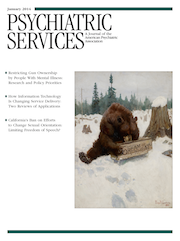No Cheating, No Dying: I Had a Good Marriage. Then I Tried to Make It Better
Elizabeth Weil’s book No Cheating, No Dying is an amusingly written commentary on how she and her “great catch” husband of ten years briefly explored eight ways to improve their marriage. These first-hand accounts are edifying in terms of how the therapies function and how couples and individuals might experience them.
An example of the humor and reality is the description of their brief experience with couples therapy. In her comments to Ms. Weil, the therapist sees Dan as an anxious neurotic rather than as a charming obsessive: “You think he (Dan) just wants something from you but on the other hand you find Dan unavailable because he’s not relating to you. You think those attentions make you feel smothered and make him feel alone.” After they leave the session, Dan says, “What’s wrong with that lady anyway? She reminds me of Stephen Hawking.” Thus the two move on to have a delightful day.
In contrast, the author describes a personally valuable experience with a “marriage education” instructor. In the session the author is told that her job was “not to move the conversation forward but . . . to empathize.” This she found very helpful and enlightening.
The next several chapters follow the couple in their explorations of sex therapy, anger management, marriage education group workshops, and something called Mastering the Impulse of Love.
A novelist and erudite writer, the author fills the book with comments by well-known authors such as Joan Didion and Anton Chekhov. The book does not delve deeply into the project’s eight types of marriage therapy. Instead, one has a view into the joys and problems within the author’s marriage and a brief look at how the various therapies function. I recommend this book for those who want to learn how one might experience various therapies and for those who just want a delightful read.



